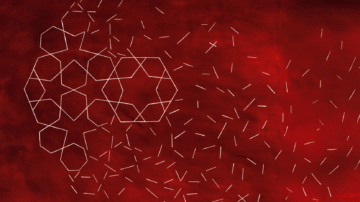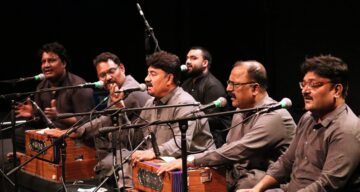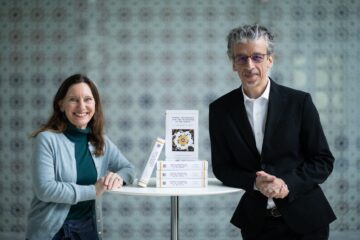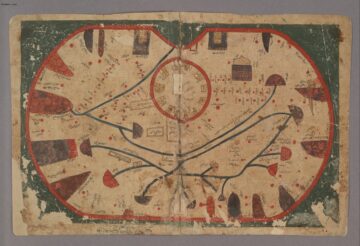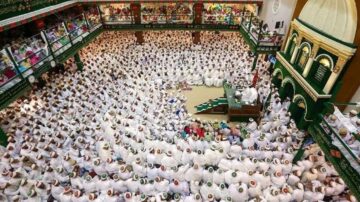
-
Status
Ended -
Date
31 May 2017 to 31 May 2017 -
Location
The Institute of Ismaili Studies
Prof. Taylor will explicate the notion of primary and secondary causality as it appears in various forms in philosophical thinkers of the Greek, Arabic and Latin traditions, including Plotinus, Proclus, the Plotiniana Arabica, the Kalām fī maḥḍ al-khayr (Latin: Liber de causis), al-Fārābī, Ibn Sīnā, Ibn Rushd and Thomas Aquinas. He will then address the following questions: (i) Does this notion necessarily entail efficient creative causality (i.e. “creation”) or can it also be applied to Aristotelian efficient causality of motion, final causality and formal causality? (ii) What, if any, is the relation of the notion of creation to the concept of primary and secondary causality in the contexts of these thinkers? Finally, he will conclude with some remarks on the papers of the workshop.*
* This is a Plenary Lecture preceding the workshop on this topic organised by The Aquinas and ‘the Arabs’ International Working Group at the Warburg Institute (1-2 June).
Speaker
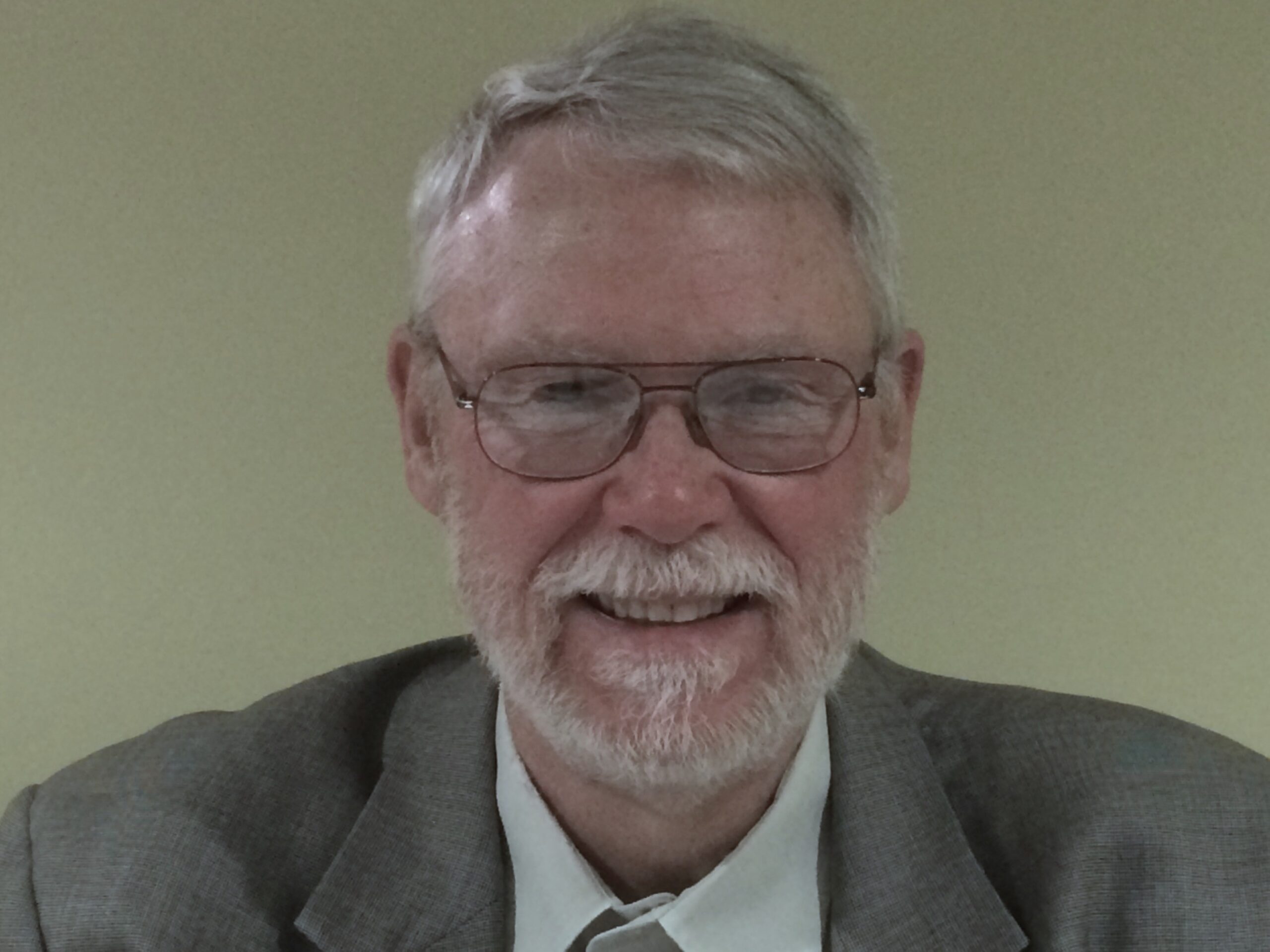
Professor Richard Taylor
Professor Richard C. Taylor (Ph.D. Medieval Studies and Philosophy, University of Toronto, 1981) has completed 35 years as Professor of Philosophy at Marquette University in Milwaukee, Wisconsin, where he has regularly taught graduate and undergraduate classes on ancient and medieval philosophy. He is also a member of the DeWulf-Mansion Center for Ancient, Medieval and Renaissance Philosophy at the Katholieke Universiteit Leuven in Belgium.


